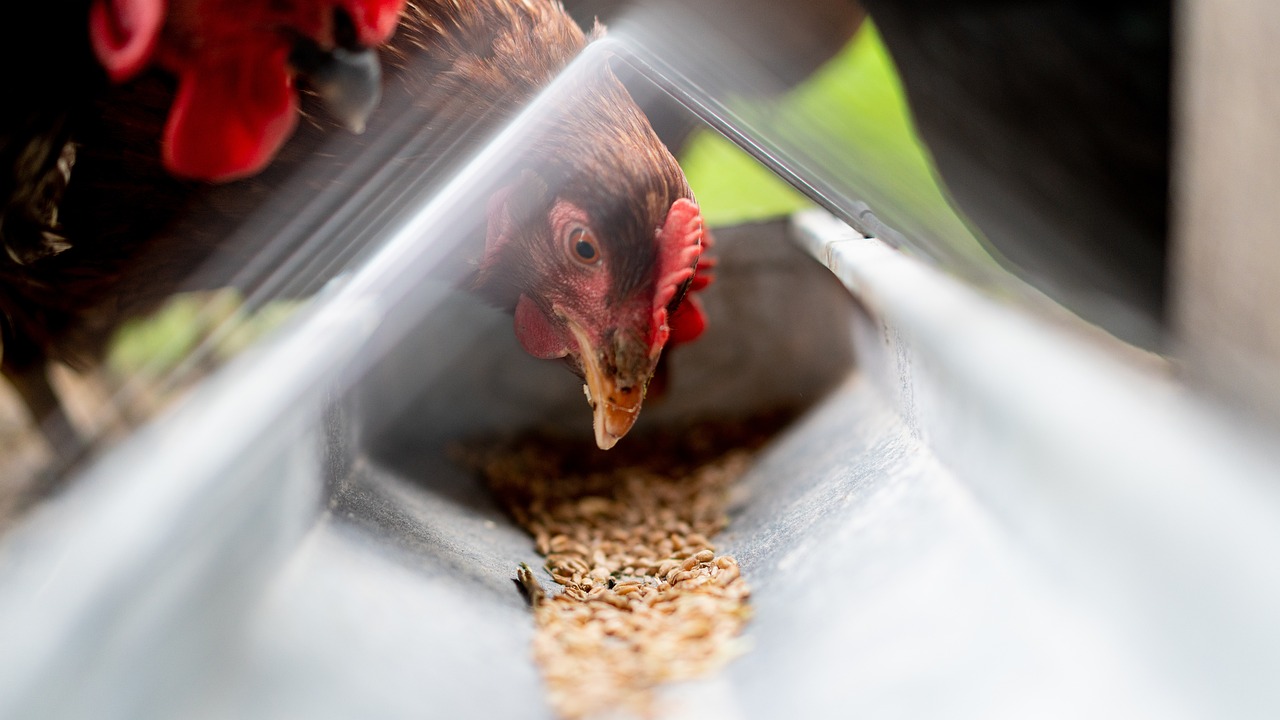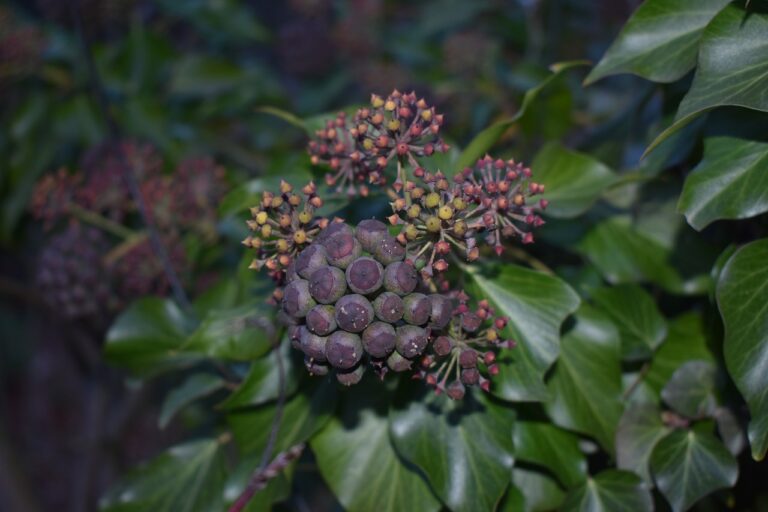The Role of Bees in Cultural Heritage: Allpaanel, Mahadev book login registration, Cricket id online
allpaanel, mahadev book login registration, cricket id online: Bees have played a significant role in cultural heritage for centuries, providing inspiration, sustenance, and symbolism in various cultures around the world. From ancient civilizations to modern societies, bees have been revered for their industriousness, pollination abilities, and the delicious honey they produce.
Throughout history, bees have been an integral part of many cultural traditions and practices. In ancient Egypt, bees were considered sacred and were associated with the sun god Ra. The ancient Greeks believed that bees were messengers between the human world and the divine, and in Roman mythology, bees were said to be born from the tears of the goddess Venus.
In modern times, bees continue to hold a special place in cultural heritage. In many African cultures, bees are seen as symbols of unity and cooperation, while in Native American cultures, bees are revered for their role in pollination and the balance of nature. In Hinduism, bees are associated with the goddess Bhramari, who is often depicted with a hive as her symbol.
The importance of bees in cultural heritage is further exemplified by the use of honey in various rituals and ceremonies. In many cultures, honey is used as an offering to gods and ancestors, as well as a symbol of prosperity and abundance. In some traditions, honey is believed to have healing properties and is used in medicinal practices.
The decline of bee populations in recent years has raised concerns about the impact on cultural heritage. As bees play a crucial role in pollination, their decline can have far-reaching effects on ecosystems and agricultural practices. This, in turn, may impact the cultural significance of bees in various traditions and practices.
Despite these challenges, efforts are being made to protect and preserve bee populations for future generations. Initiatives such as bee conservation projects, sustainable beekeeping practices, and public awareness campaigns are all aimed at ensuring the survival of bees and their cultural significance.
In conclusion, bees have played a vital role in cultural heritage throughout history and continue to do so in modern times. From their symbolism and significance in various traditions to the use of honey in rituals and ceremonies, bees are an integral part of cultural identity around the world. It is essential to recognize the importance of bees in cultural heritage and take steps to protect and preserve their populations for future generations.
– The Importance of Bees in Cultural Heritage
– Bees as Symbols in Different Cultures
– Honey in Rituals and Ceremonies
– The Decline of Bee Populations and Its Impact on Cultural Heritage
– Efforts to Protect and Preserve Bee Populations
– Conclusion: Preserving the Cultural Significance of Bees
FAQs
Q: Why are bees important in cultural heritage?
A: Bees have been revered for their symbolism, significance in traditions, and the use of honey in rituals and ceremonies in various cultures around the world.
Q: How do bees play a role in rituals and ceremonies?
A: Honey, produced by bees, is often used as an offering to gods and ancestors, as well as a symbol of prosperity and abundance in many cultural traditions.
Q: What can be done to protect bee populations?
A: Initiatives such as bee conservation projects, sustainable beekeeping practices, and public awareness campaigns are essential in protecting and preserving bee populations for future generations.







